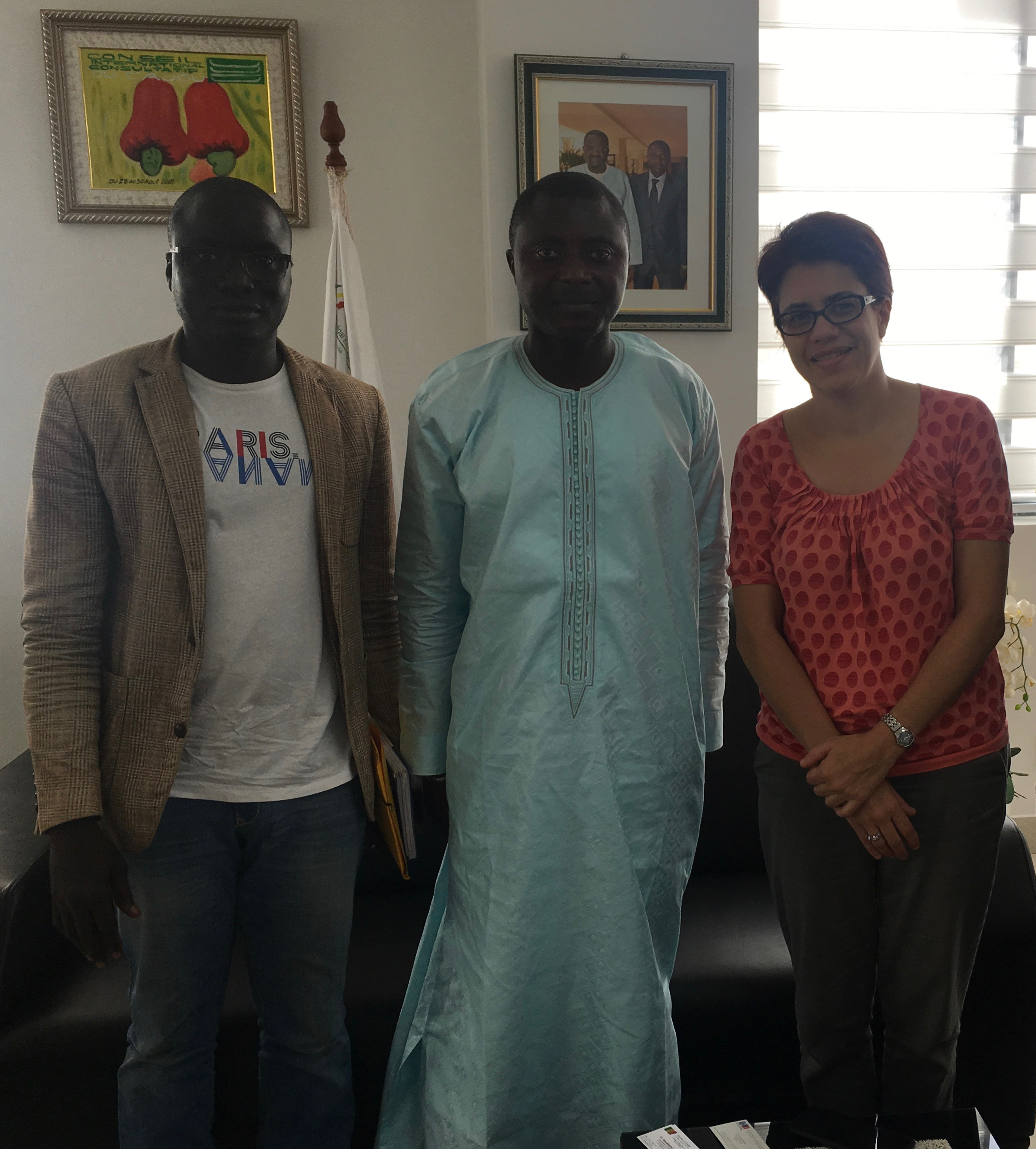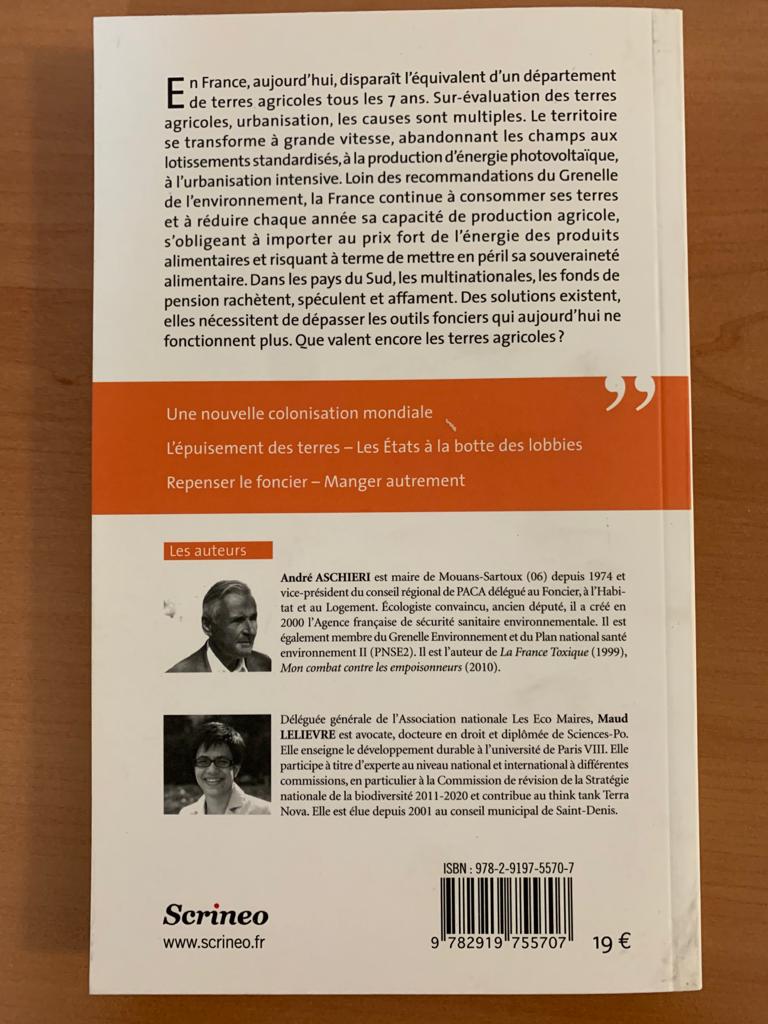In the face of land grabbing in Africa, it is time to take action together. In July 2019, Helen Castell published an article on the rapid growth of agricultural investments in Africa. The report also highlighted the impacts and concerns over increased expenditure due to the loss of jobs and land in many African countries. In 2018, a plan developed to help Africa to achieve food security by 2030, which will require an increase in the use of private land or that of small farmers.
Many media have accused investors of “land grabbing,” which is the large-scale acquisition of territory by large companies. This method leads to environmental, economic, and social problems, and the companies accused of grabbing more than 6 million hectares of land across the African continent. According to a study by John Hopkins University, this is an exaggeration. Barely 4% of this figure, i.e., 252,901 hectares of land, was recognized as monopolized. Although this is only a small percentage of what was said initially, it shows that there is a land grab on the whole continent.
Also, individual farmers have raised concerns in areas where there is an agricultural investment. Although investment in the tobacco sector in Zimbabwe has been successful, some investors have reportedly demanded loans after a period of drought and poor harvests. Many local farmers have indicated that while some technologies are cheaper than those in the West, they still represent a high cost for people trying to maintain their land. With the questioning of new plans and agreements, Castell said the difficulty of knowing exactly how these huge agricultural investments affect African countries, but the published highlights questioned.
In our book “La Fin des Terres,” with André Aschieri, in 2010, we highlighted the disappearance of natural heritage in Africa, and the situation is only getting worse. From 1970 to 1980, investors encouraged the creation of agrofuel in Senegal, which quickly turned into land grabbing and a loss of water supply and land availability for the inhabitants. While the 2030 plan to help Africa achieve food security can increase jobs and help end hunger, there is also a considerable level of uncertainty about how and when these investments will affect the continent.



Comments are closed